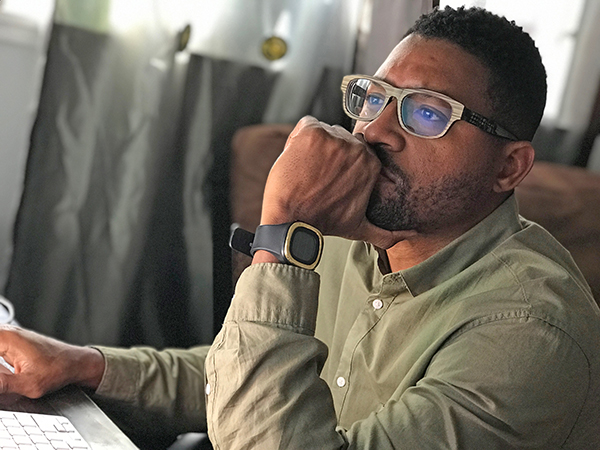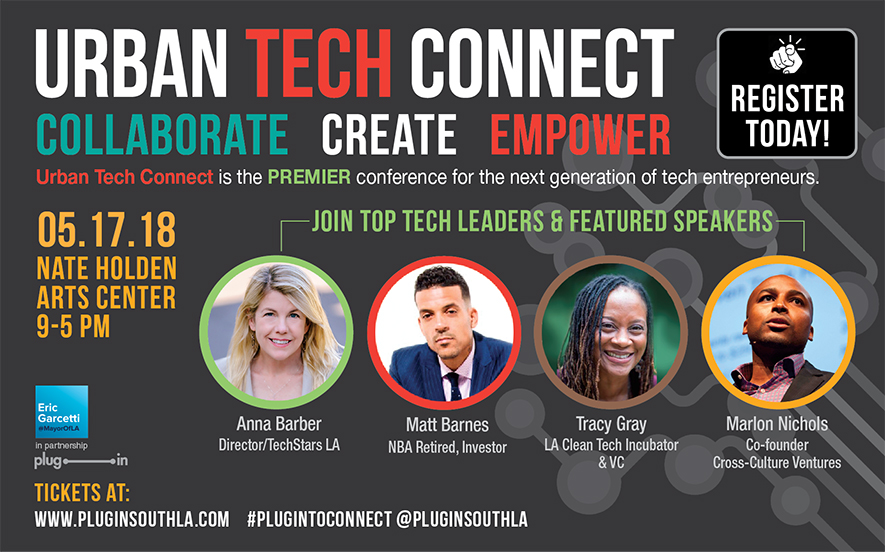Glass is using advanced technology to stay ahead of the
competition in the film industry.
By Terry Hart
“From sweeping floors to sweeping awards,” says director Alton Glass with a laugh, as he relates his parents’ description of his journey to success in Hollywood.
From early on Glass knew he wanted to be involved in the film industry since leaving the theatre after seeing his very first movie, “The Five Heartbeats,” as a young child. He knew he wanted to do that, and so began his pursuit of the dream.
An entrepreneur at heart, Glass opened his own janitorial business after moving to California from Atlanta. He is originally from Detroit. He got his first job in Hollywood cleaning the sets of a DreamWorks movie. He was able to make connections there that eventually led him to shadowing noted director Michael Schultz, of “The Last Dragon” and “Krush Groove” fame. Those were the beginnings of what has been a fruitful career for the independent filmmaker.
Glass has won numerous awards, including the prestigious $20,000 Best Screenplay Award in 2008 for writing “The Mansfield 12;” and he made history at the American Black Film Festival in 2014 with his movie “Cru” by winning in every category nominated, including Best Director and Best Film.
His most recent venture, “A Little Love,” has won Glass the Black Enterprise Tech ConneXt Breakout Star of the Year Award for Tech Innovation. The film is the story of an overworked mom whose work schedule makes her late for her daughter’s birthday party, and the daughter makes a wish that she could spend more time with her mother, which leads to unforeseen consequences. What’s made this film groundbreaking is that it’s filmed entirely in virtual reality, a new medium that through the use of a headset immerses the viewer into a 360 degree world of the film.
Glassrock Entertainment is Glass’ production company, and while he’s still doing traditional movies, the business is shifting focus to the new landscape created by immersive technologies like virtual reality and augmented reality. While he doesn’t see immersive technology supplanting traditional mediums anytime soon, he feels that it’s a wide open space with few rules, a blank canvas that’s “frameless, to a certain degree.” And that challenge of helping define that frame and open it up to others in underserved communities inspires him.
“Virtual reality is not the end all,” he says. “Just a piece of the pie that creates that spark of exploration.”
Glass wants people who see “A Little Love” to exit the experience and feel the way he did all those years ago after having seeing “The Five Heartbeats.” Inspired to find out how to do that, make that, to make others feel what he felt.
“You might not want to be a filmmaker or director and produce virtual reality, but you might say, ‘Oh, I like this person that does programming, or interactivity, or 3D modeling, or any of those industries behind this technology,’” he said.
This is why Glass feels it’s so important to be out on the leading edge of immersive technology.
“Technology has become the great equalizer, and if I can get people in communities that are underserved in regards to education and resources (to want to get involved) it would help close that digital divide.” he says. “The next generation is so creative, but they can’t be what they can’t see.”
Where Glass got his start with VR doing everything by hand, now a lot of the systems are automated. He says you should begin by understanding 360 degree cameras and that there are cloud services and templates now that can walk a newcomer through it. Starting with something as simple as a $200 Samsung Gear or Kodak PixPro, the barrier to entry is not as high as when he started.
“If you aren’t a programmer, these things are very helpful for you learning it without knowing how to program right off the bat,” he says. “Once you understand how it makes you feel filming it, then you can build on translating that over to an experience for someone else.”
Glass believes it’s important to take control of your own story, and that immersive technologies allow for African Americans to do just that and create culturally responsive content. After reaching a certain financial level with traditional filmmaking he feels there can sometimes be a sense of having to ask permission to do something, a restraint he doesn’t feel in the emerging immersive world. It’s why he believes it’s important to take action now and inspire the next generation to take these tools and develop, design, and create their own reality and apply it to the real world, themselves and their community.
“If you wait 10 years from now, we’ll be faced with the same Hollywood issues asking for a diversity initiative to make movies,” he said. “We need to get our communities to put their energy into creating and building ecosystems.”
“A Little Love” is currently touring the nation and may be available on the Samsung Gear platform by the end of the year. For updates visit www.alton-glass.com, email This email address is being protected from spambots. You need JavaScript enabled to view it., and you can follow Glass on Instagram and Twitter.
TEC Leimert is a non-profit community organization dedicated to bringing urban professionals, business owners, and students together with entertainment industry experts and technology entrepreneurs to bridge the digital divide, close the wealth gap, and create social capital. Learn more at www.tecleimert.com. Follow them on Facebook, Instagram, and Twitter.











